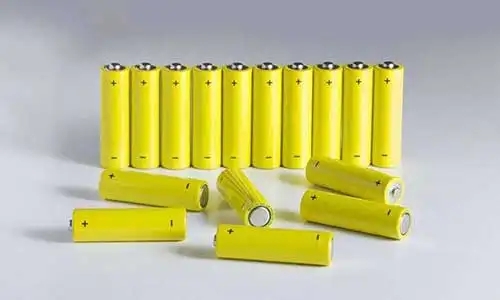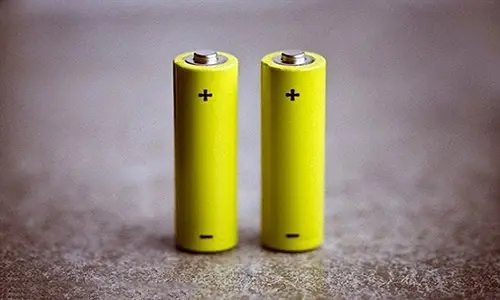according to benchmark mineral intelligence, global lithium-ion battery production capacity can reach over 6000gwh (6twh) in the next decade.
global automobile manufacturers and battery suppliers are building battery manufacturing plants (now commonly referred to as' ultimate factories'). since the beginning of 2021, when chinese and korean battery manufacturers announced the construction of new factories, the total production capacity of lithium-ion batteries (including existing or ongoing projects) has doubled.
car manufacturers are looking for reliable local supply chains to reduce costs and geopolitical risks. benchmark stated that although china still dominates global battery production, new battery factories in north america and europe have also announced plans to accelerate production. by 2026, north america's share of global battery capacity will increase from the current 6% to 10%, while europe's share of battery capacity will increase from 7% to 12%.
in three automobile manufacturing countries, several ultimate factories are being established:
·lg energy solutions plans to invest $1.4 billion to establish an 11gwh battery factory in arizona, while mercedes benz and envision aesc are collaborating to establish a 30gwh factory in kentucky.
·china eve energy announced plans to build the first european battery plant in debrecen, hungary, with an estimated capacity of 30gwh.
·electric vehicle manufacturer byd plans to establish two new battery plants in zhejiang province and guangxi autonomous region of china, with a total production capacity of 67gwh.
it is expected that an annual battery capacity of 6twh can support approximately 109 million electric vehicles, but this is based on all factories being able to achieve full load production as expected. simon moore, ceo of benchmark, said that at present, only 70% of ultimate factories are put into production, and the average capacity utilization rate is 70%.
another obstacle is that the current growth rate of battery capacity is twice that of lithium supply. according to benchmark's data, 6twh batteries will require about 5 million tons of lithium, and the output last year was about 480000 tons of lithium carbonate.
drew baglino, senior vice president of tesla energy and power engineering, recently challenged the industry to improve its competitiveness in the lithium industry: "we need everyone to do more in the lithium industry than they do now
source: china chemical and physical power industry association



